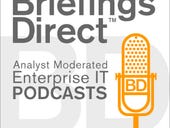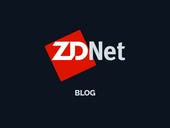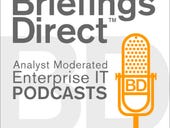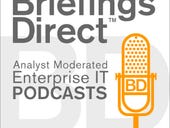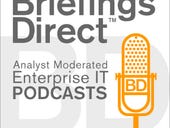
Dana Gardner
Dana Gardner is president and principal analyst at Interarbor Solutions, an enterprise IT analysis, market research, and consulting firm. Gardner, a leading identifier of software and cloud productivity trends and new IT business growth opp…ortunities, honed his skills and refined his insights as an industry analyst, pundit, and news editor covering the emerging software development and enterprise infrastructure arenas for the last 18 years.Gardner tracks and analyzes a critical set of enterprise software technologies and business development issues: Cloud computing, SOA, business process management, business intelligence, next-generation data centers, and application lifecycle optimization. His specific interests include Enterprise 2.0 and social media, cloud standards and security, as well as integrated marketing technologies and techniques.Gardner is a former senior analyst at Yankee Group and Aberdeen Group, and a former editor-at-large and founding online news editor at InfoWorld. He is a former news editor at IDG News Service, Digital News & Review, and Design News.
